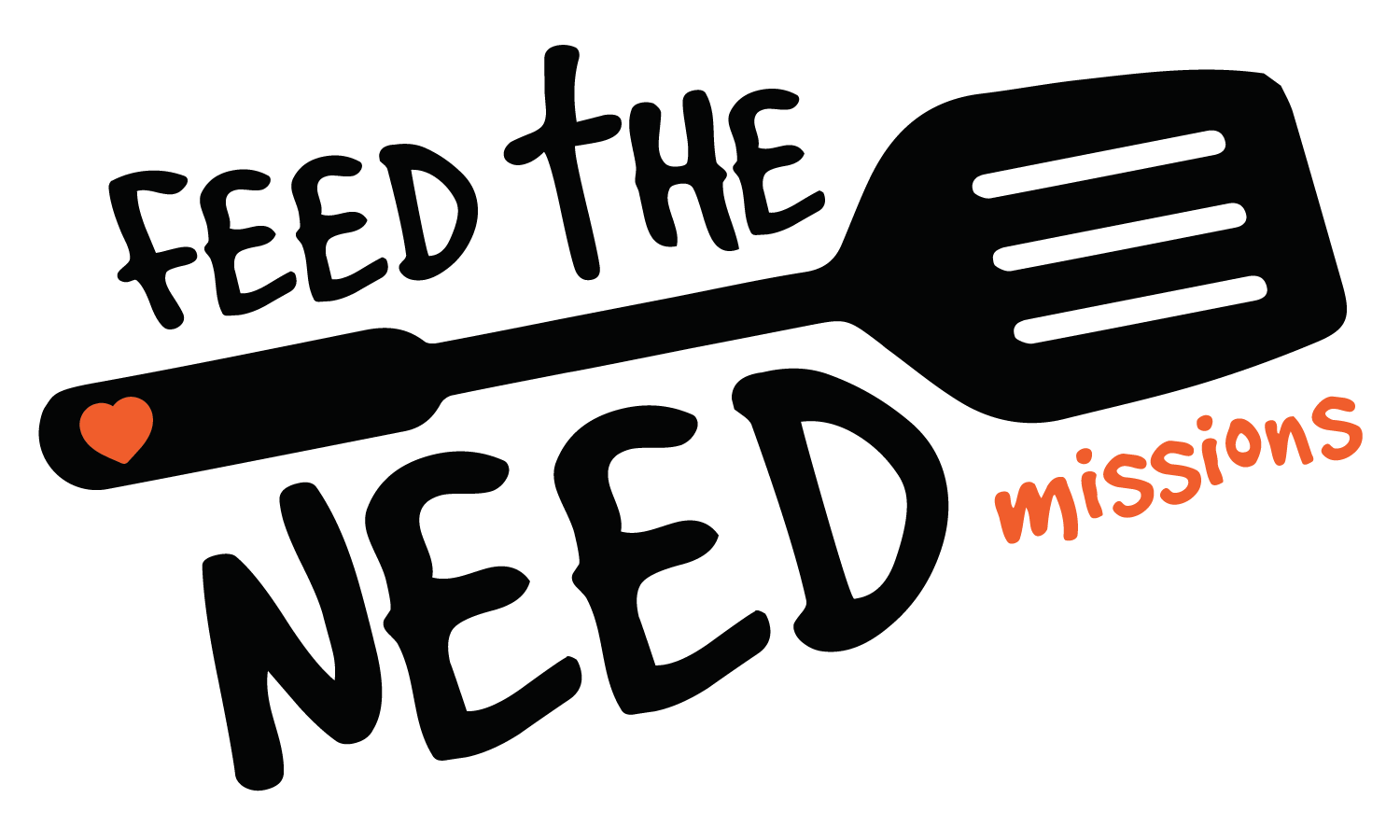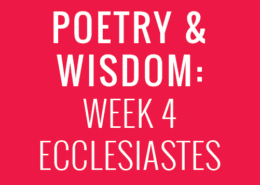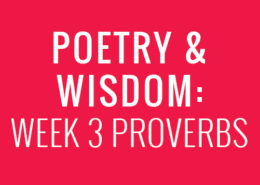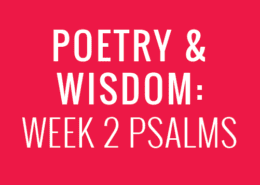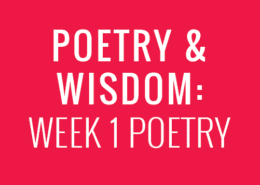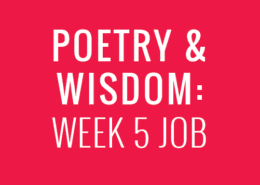
POETRY and WISDOM: WEEK 1 POETRY
Start with talking about Poetry and Wisdom.
Did you know that a third of the Bible is ancient Israelite poetry? The next five weeks we are going to look at Poetry and Wisdom in the Bible. Understanding Poetry, and both what Wisdom is, and how we get it, are important to helping us understand God’s truth.
This week, we are going to look at Poetry. Understanding how metaphors are used in the Bible is an essential tool for reading biblical Poetry. Anytime someone describes one thing to describe another thing, they are using metaphorical thinking, whether they realize it or not. Metaphors are everywhere in the Bible and in our everyday speech. In this video, we’ll explore this crucial aspect of biblical language.
Watch the video from us.
Review the notes below.
What are the main types of literature in the Bible?
- 43% of the Bible – Narrative or stories.
- 33% of the Bible – Poetry (poems, psalms, and songs.)
- 23% of the Bible – Prose (letters, accounts, and dialogues and discourse between people.)
Poems and Wisdom literature are often hard to understand because they speak through dense, creative language. Add to this to the fact that the Bible was originally written in Hebrew, Aramaic, and Greek, and you’ve got a recipe for confusion for modern readers!
In life, we tend to think in familiar, well-worn paths. This is why bad habits or addictions can be so hard to break. We do the same thing daily, weekly, or yearly unless something shakes us out of our pattern. Good Poetry forces us off the familiar path into new territory.
Poetry and Wisdom literature in the Bible falls into three main categories:
- Poems and Songs – Psalms, Song of Solomon, the Magnifacat in Luke 1.
- Wisdom – Proverbs, Ecclesiastes, Job
- Prophetic – Isaiah, Jeremiah, and other Hebrew prophet
All of these sub-genres have different tones and goals. Though they all use metaphors and creative language, prophetic judgment, poetry, and a song of worship are quite different.
Key Points
- The Bible is not the end goal. The point of reading the Bible isn’t to just fill your head with a lot of information. The point of the Bible is to get in touch with a person, Jesus.
- Hebrew poetry is different from popular English poetry. English poetry emphasizes rhyming words and cadence. By contrast, Hebrew poetry emphasizes thought flow and generally works two lines at a time.
- Poetry/Wisdom literature in the Bible falls into three main categories: poems/songs (Psalms, Song of Solomon, the Magnifacat in Luke 1), wisdom (Proverbs, Ecclesiastes, Job), and prophetic (Isaiah, Jeremiah, and other Hebrew prophets).
Talk About It
- What makes reading the Bible hard?
- Why is it important to understand context when you are reading, hearing, or seeing something?
- Think about books, movies, TV, news accounts, or simply talking about recent events in your life with a friend. Why do you think some stories are so common across cultures?
- Why is it helpful to understand that the Bible is a collection of different books, letters, and poems? Do you read a letter or a text the same way you read song lyrics? Why or why not?
Helpful Resources
- The Bible Project Series: How to Read the Bible
